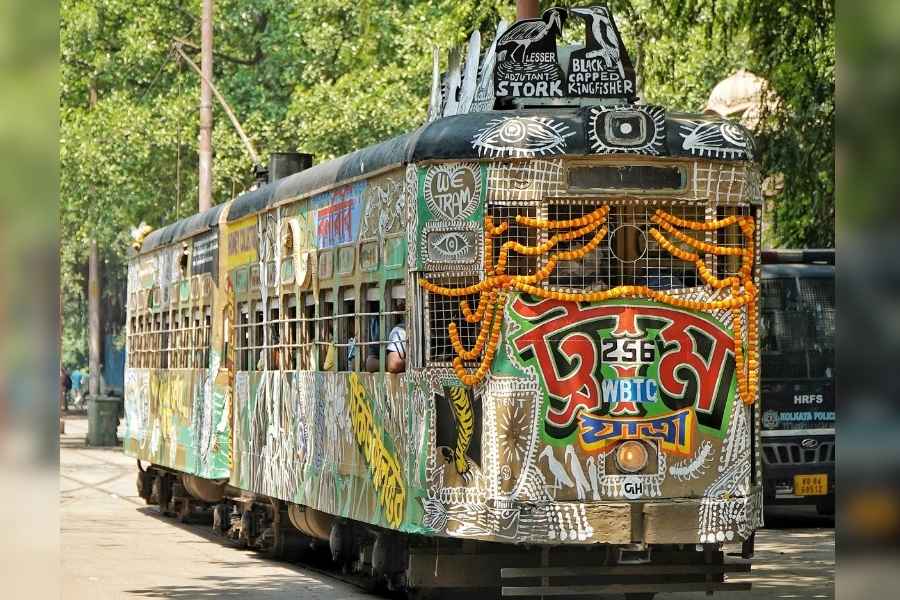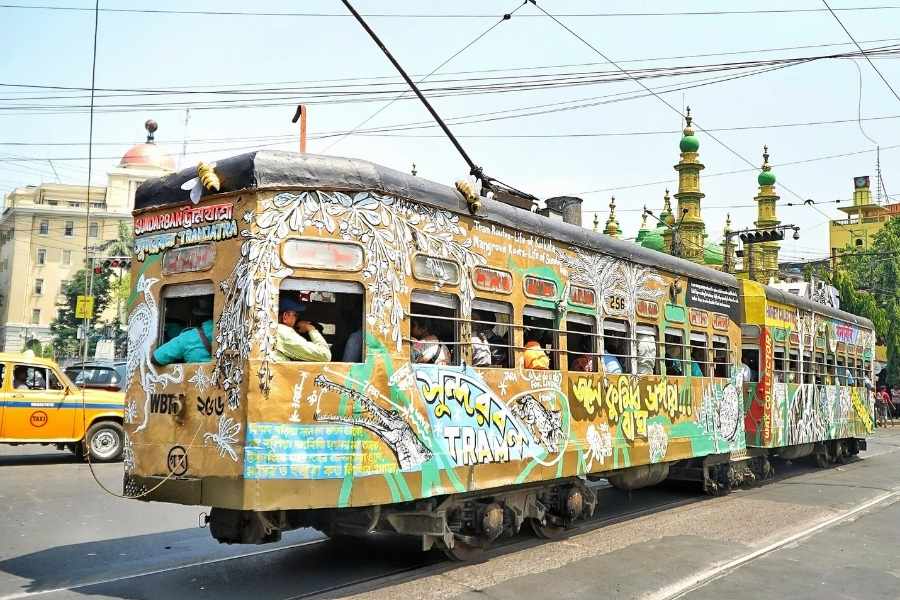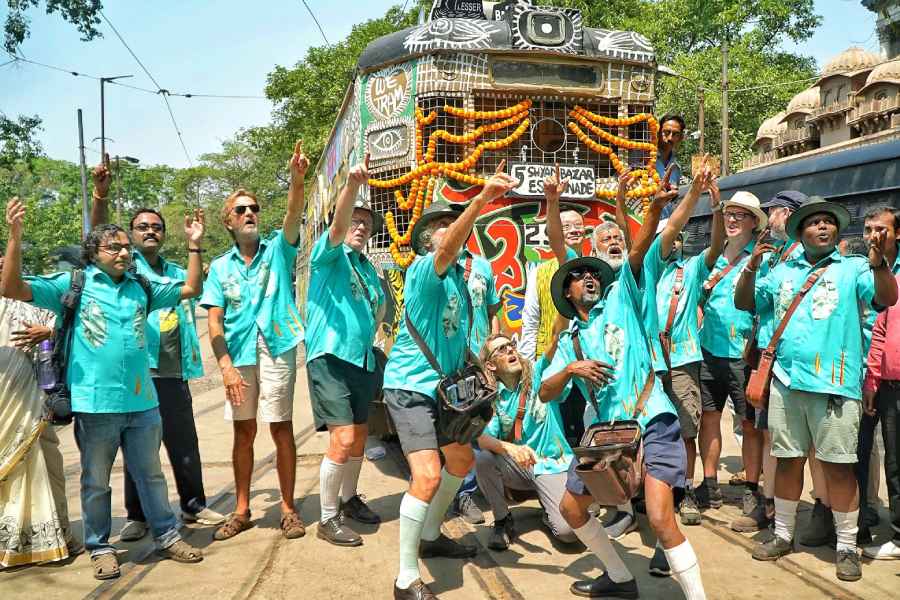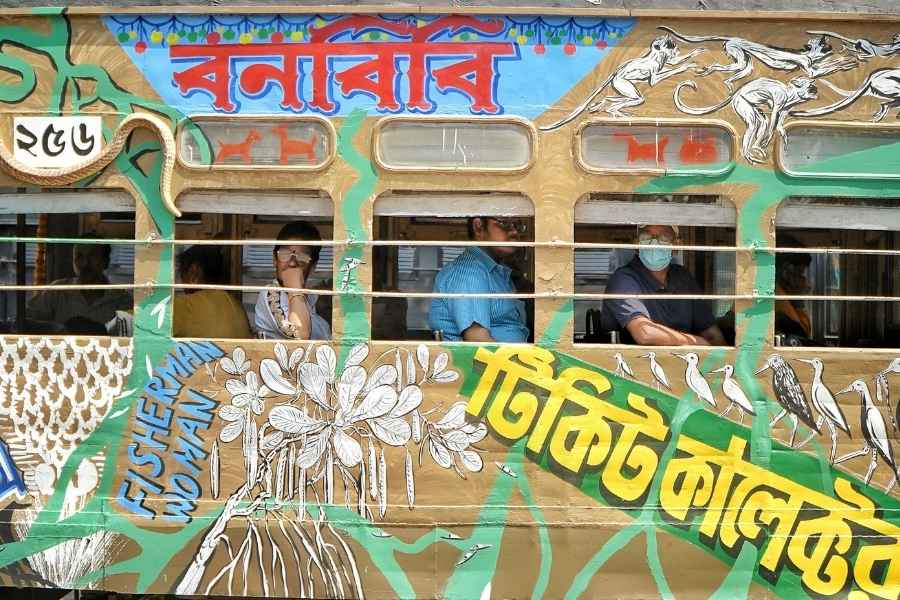
CTUA member Aditya Banerjee explained the purpose behind the initiative: “The journey has been initiated for two reasons — to revive tram routes, most of which have become defunct, and to raise awareness about protecting the rich biodiversity of the Sunderbans. In an era of global warming and carbon emissions, when the government itself is promoting green energy-driven transport such as electric buses, trams remain an environment-friendly alternative.”
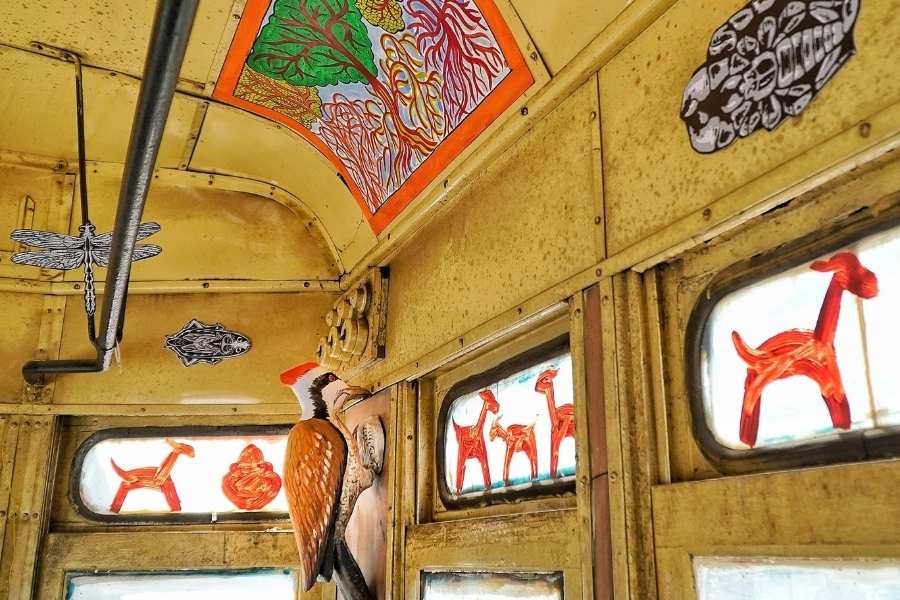
The festival is supported by the Australian government under the Maitri Cultural Grant and RMIT University. The regional climate security, particularly that of Kolkata and the Sunderbans — a world heritage site — will also be highlighted during the Sundarban Tramjatra. From March 28 to 30, the Esplanade Tram Depot will host workshops and live performances featuring eminent personalities, including filmmaker Ashoke Viswanathan
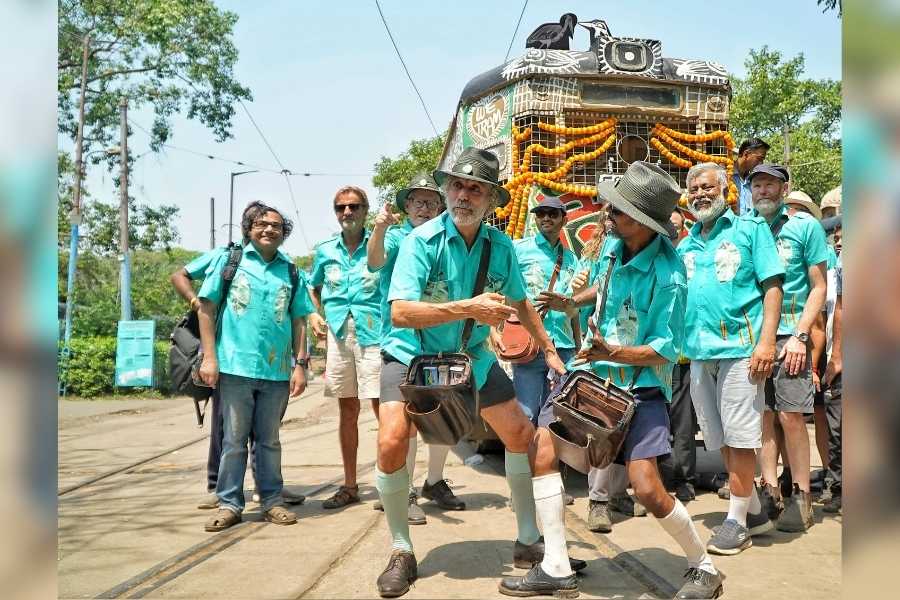
On March 31, a ‘Citizens’ Assembly’ will take place at the ICCR Rabindranath Tagore Centre, where experts and citizens will discuss ways to protect Kolkata’s green spaces and the Sunderbans. Melbourne tram conductor Roberto D’Andrea, attending the event, emphasised the need to preserve trams. “We are united in our love for trams, and this event sends a strong message about their importance in reducing air pollution,” he said. Roberto has been the main driver behind the movement since he jumped aboard a Kolkata tram in 1995, got struck by the similarities with the trams back home, and forged the tram friendship
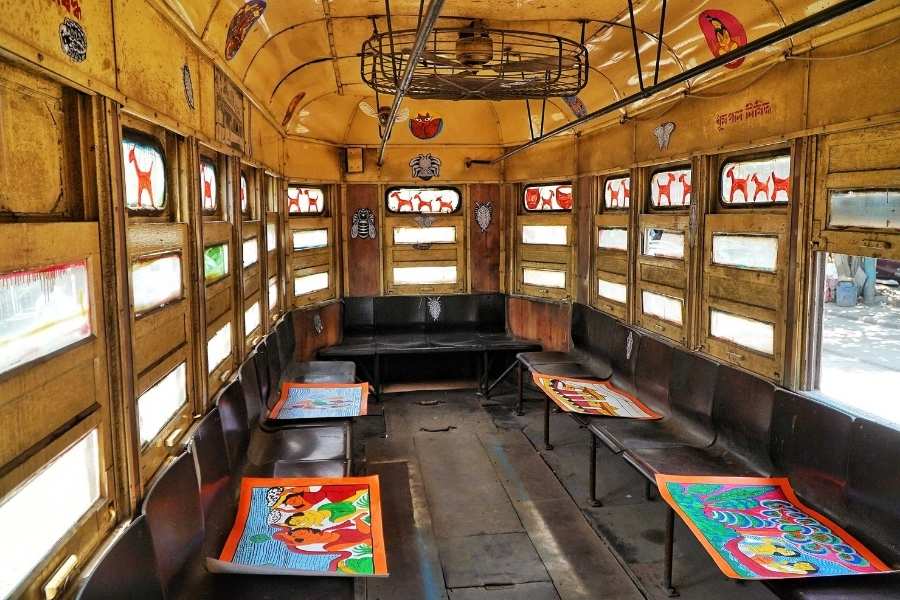
While the city had 257 tram cars in 2023, only 25 trams are currently operational on a rotational basis across three routes, according to a state transport official. However, there are plans to increase the fleet to 55 trams and introduce ten single-bogey AC tram cars along three routes, including a heritage corridor along Kolkata Maidan and Esplanade
